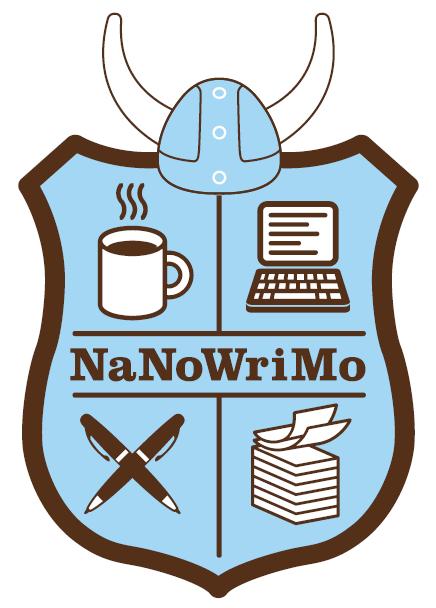November is National Novel Writing Month, and I'm going all in. Starting this weekend, I will try to write a 50,000-word novel by the end of November.
It's probably crazy to think that I can do this while teaching, but I won't be terribly disappointed if, at the end of the month, I come up short. There are some other things I hope to get out of the experience even if I don't finish. The attempt alone gives me something to work with that I can try to finish over the summer, or maybe during next year's NaNoWriMo.
But the real reason I'm trying to write an entire novel in one month is to help me be a better teacher of writing. Two reasons:
1. It's difficult for me to know exactly what's going through my students' heads when they're writing under pressure. I haven't done any real writing since graduate school, and I haven't done any timed writing since college. Trying to write about 1500-2000 words a day, for an entire month, will help me better understand how my students work under the gun--which is especially important now that my 7th graders will be writing two compositions in one testing day.
2. Being invested in the writing process gives me a better eye for the ways that other writers use words. Right now, for example, I'm working on the introductory pages of my novel; being in this mindset has sent me back to some of my favorite books to see exactly what their authors have done to establish setting and build interest in details. I want my students to be able to do the same thing with whatever they're writing--so, for example, as they write "This I Believe" essays over the next two weeks, I want them to look at what other writers of "This I Believe" essays do, and then steal the "writing moves" they like the most and make them their own.
Anyway, my plan is to write a Young Adult novel about the high school debate community, with some stuff about bullying, standardized testing, wrestling, and the college application process mixed in. My tentative title is Switch; here is the synopsis I'm currently working with:
Maggie Miles is the best high school debater in the state of Indiana--nobody doubts that. But at the start of what everyone expects to be her triumphant senior year, her debate partner (and best friend) unexpectedly quits the team, leaving Maggie in the lurch and without much of a chance to qualify for the Champions Tournament. Left with no other option, Maggie teams up with Pete Coogan, a freshman wrestler nicknamed "Thump," to make a last-ditch effort to save her debate career. As Maggie and Pete face off against their opponents, they are surprised to find they can hold their own. But winning a few big rounds is different from being champions, and Maggie and Pete must decide how much they're willing to give up in exchange for victory.
So if you see me this month (assuming I emerge from my writing cave), tell me to get back to work!

